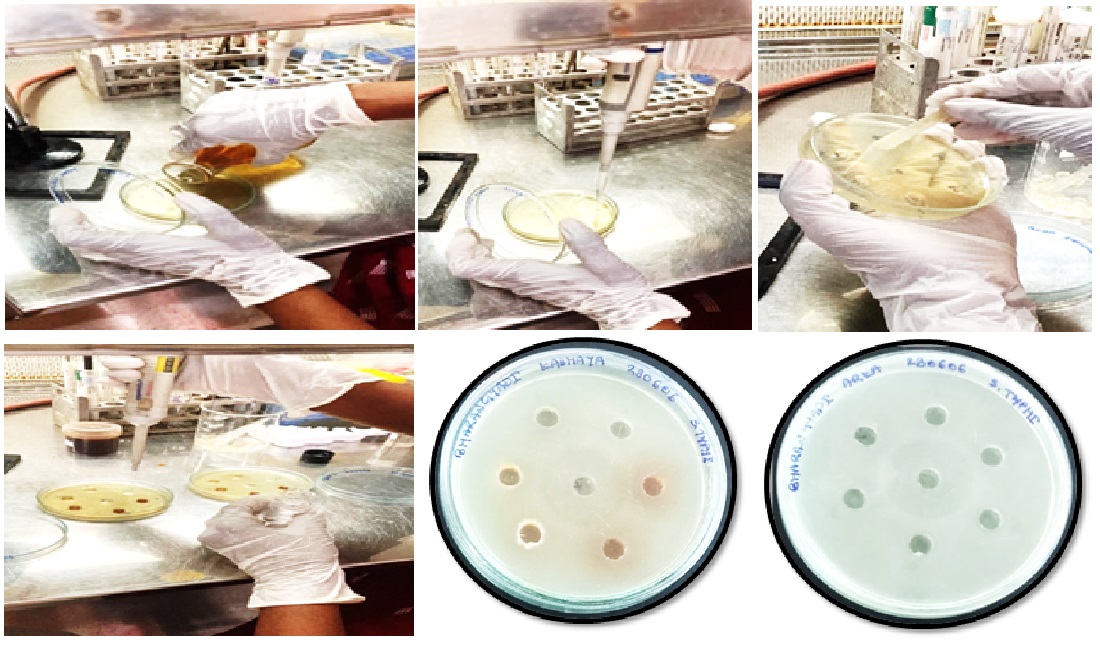Comparative Antibacterial Activity of Bharangyadi Yoga Variants w.s.r. to Salmonella Typhi
DOI:
https://doi.org/10.47070/ijapr.v12i1.3075Keywords:
Bharangyadi Kashaya, Bharangyadi Arka, Salmonella typhi, In-vitro antibacterial activity.Abstract
Salmonella typhi, the causative organism of typhoid fever, remains a major global public health concern. Despite the availability of conventional antibiotics, the emergence of antibiotic-resistant strains of Salmonella typhi poses a serious challenge in combating this infectious pathogen. As a result, the exploration of alternative therapeutic options, such as traditional herbal remedies, has gained prominence. Bharangyadi Yoga is a combination of specific herbal ingredients, used in traditional medicine system to address various types of fever and related ailments as mentioned in Sahasrayogam, has to be prepared and administered in the form of Kashaya. In vitro antibacterial activity of Bharangyadi Kashaya and Bharangyadi Arka was carried out by well diffusion method with different concentrations against Salmonella typhi and the area of inhibition of microbial growth is measured. Moderate zone of inhibition was observed in Arka, while no zone of inhibition was seen in any of the concentration of Kashaya. The antibacterial effectiveness of Bharangyadi Arka can be attributed to its volatile and other aqueous extract content, enhanced solubility and release of volatile active constituents. In this study, Arka is established to have better antibacterial activity compare to Kashaya as a new dosage form. However, Negative antibacterial result of Kashaya does not indicate lack of therapeutic effectiveness.
Downloads




